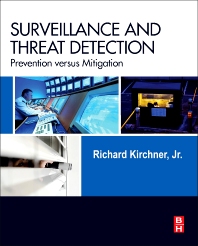A Texas federal judge recently overturned the Federal Trade Commission’s (FTC) ban on noncompete agreements, which was scheduled to go into effect on Sept. 4.
In her opinion, Judge Ada E. Brown of the U.S. District Court for the Northern District of Texas concluded that the antitrust agency “lacks statutory authority” to ban most noncompete agreements, and that the rule issued by the FTC was “arbitrary and capricious.”
Judge Brown had temporarily blocked the ban in July. Her decision on Aug. 20 renders that injunction permanent, and nationwide in scope.
The FTC has projected that eliminating noncompete agreements could boost workers’ earnings by more than $400 billion within the next decade. These agreements currently impact about 30 million Americans — approximately one in five workers — falling under the FTC’s jurisdiction, which covers antitrust and consumer protection matters.
On its website, the FTC stated it is considering an appeal to Judge Brown’s ruling. “The decision does not prevent the FTC from addressing noncompetes through case-by-case enforcement actions,” the agency said.
A Dallas-based tax firm, Ryan, immediately sued the F.T.C. in April after it voted 3 to 2 to adopt the noncompete ruling. The U.S. Chamber of Commerce then joined the case as a plaintiff, along with the Business Roundtable and two Texas business groups.
The Chamber of Commerce said the decision set a dangerous precedent for government micromanagement of business and could harm employers, workers and the U.S. economy. Business groups also argued that the ban would limit their ability to protect trade secrets and confidential information.
If the FTC chooses to appeal, the case would go before the U.S. Court of Appeals for the Fifth Circuit in New Orleans. Any ruling by the Fifth Circuit could then be appealed to the U.S. Supreme Court, potentially altering the ultimate outcome of the FTC’s noncompete ban.
Although the FTC’s noncompete ban is unlikely to take effect in the near term, the agency said it still retains the authority under Section 5 of the FTC Act to pursue enforcement actions on a case-by-case basis.








